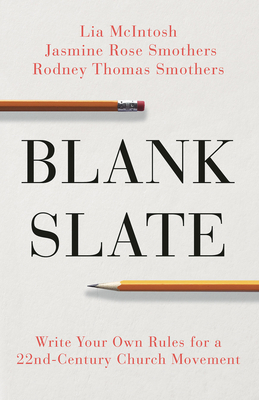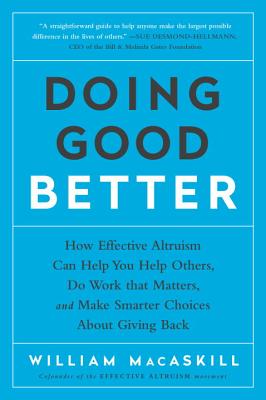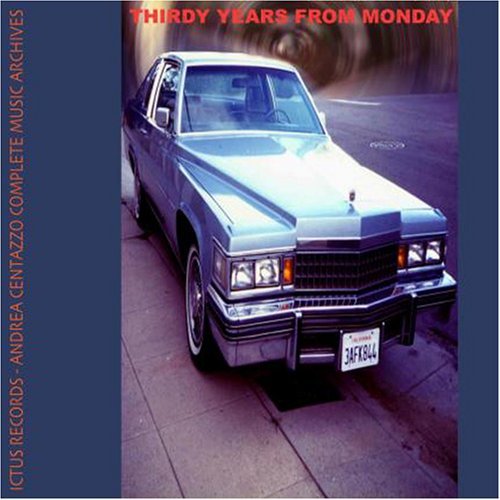
Is morality relative? Does it depend on one's perspective or on external circumstances? It has become popular, even commonplace, to assert that what is moral is dependent on one's situation.
Dietrich von Hildebrand saw this trend coming, and at the earliest outset he authored this book as a refutation of "situation ethics" and an affirmation of the unchanging and universal call of true morality.
The book takes up the central challenge of situation ethics to argue, definitively, that some actions are always and in every situation wrong.
But Hildebrand is sensitive to the special circumstances of individual people's lives, and he does far more than simply offer judgment. He leads us first to understand the allure of "self-righteousness," of "the tragic sinner," and of "sin mysticism," and how these can obscure true morality.
_____
"Through the wealth and carefulness of his analyses, along with the skill with which he discovers the kernels of truth and beauty wherever they are to be found, von Hildebrand uncovers the errors of false situation ethics. But at the same time, he finds fault also with self-righteous, complacent mediocrity, and juridical moralism that is false and lifeless. Thus he clearly sets forth the uniqueness of Christian morality." - Bernard Häring
"The Augustinian tradition is a great one in Christian philosophy and in Dr. von Hildebrand's work one finds an example of how alive, wholesome, and sound it can be today, and how very much in contact with what is of value in contemporary thought. Clearly all can profit very much from this work." - Germain Grisez







